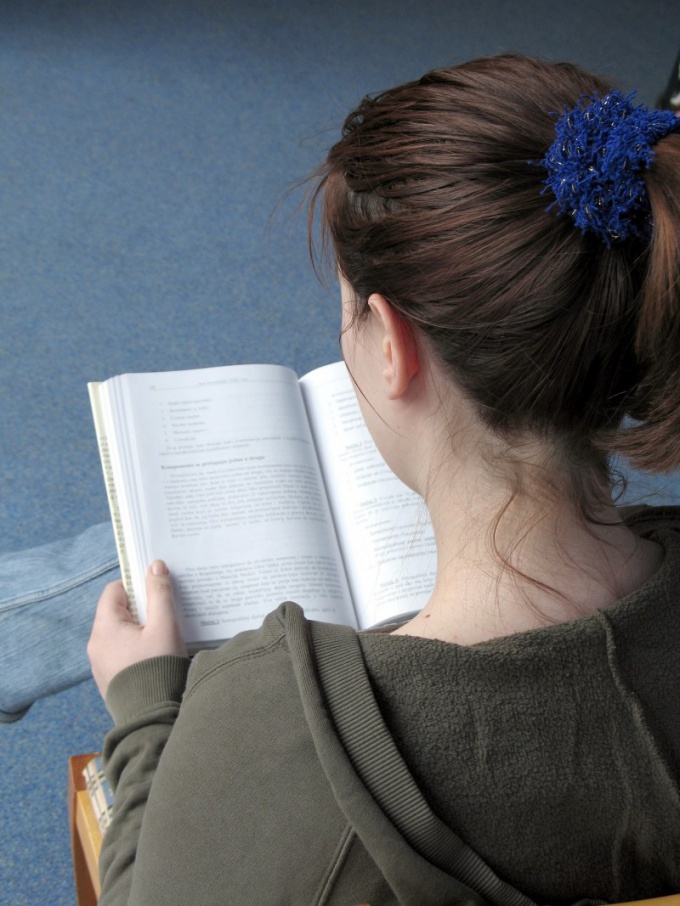Instruction
1
The main word is that from which the question is asked to dependent. For example, "reading a book": read what? – a book; "to walk in the yard": to walk where? – in the courtyard; "very nice": nice – how much? very. Way of subordinating relations in the expressions of the isolated coordination, governance and contiguity.
2
If the type of subordinating regard is the agreement, the form of the dependent word is consistent with the form of the main. The concept forms part of the gender, number and case: beautiful landscape, beautiful scenery, beautiful scenery. When changing, for example, the case of the main word, in exactly the same way changing the case of the dependent word. In such phrases the dependent word is usually an adjective and the main noun.
3
Control – method of communication in which the key word controls dependent with a specific case issue. Examples: "build a house" (accusative case), "seeing a Fox" (genitive), "sea noise" (genitive), "remembered the debt" (the instrumental case). The dependent word is a noun or a noun with a preposition.
4
Another way to link words in phrases – junction. There is only semantic (lexical) and prosodic communications, and grammatically this relationship is not expressed in any way. The dependent word is immutable, it can be an adverb or a gerund. For example: "long silent", "fun talk", "skipping", "was welcomed by smiling".
5
So, to determine the key word, set the phrase to the question. Do not confuse a phrase with a grammatical basis: in both the word shall be the primary, equal, and a question from one word to another ask will not work.
6
In the sentence "the sound of applause came from the circus" there are grammatical basis: "I left the circus". What kind of phrase is in this sentence? "Released under noise" (the main word is out, the question is – under what?); "the sound of applause" (the key word – the sound, the question – what?). In both phrases the type of communication word – of management.
